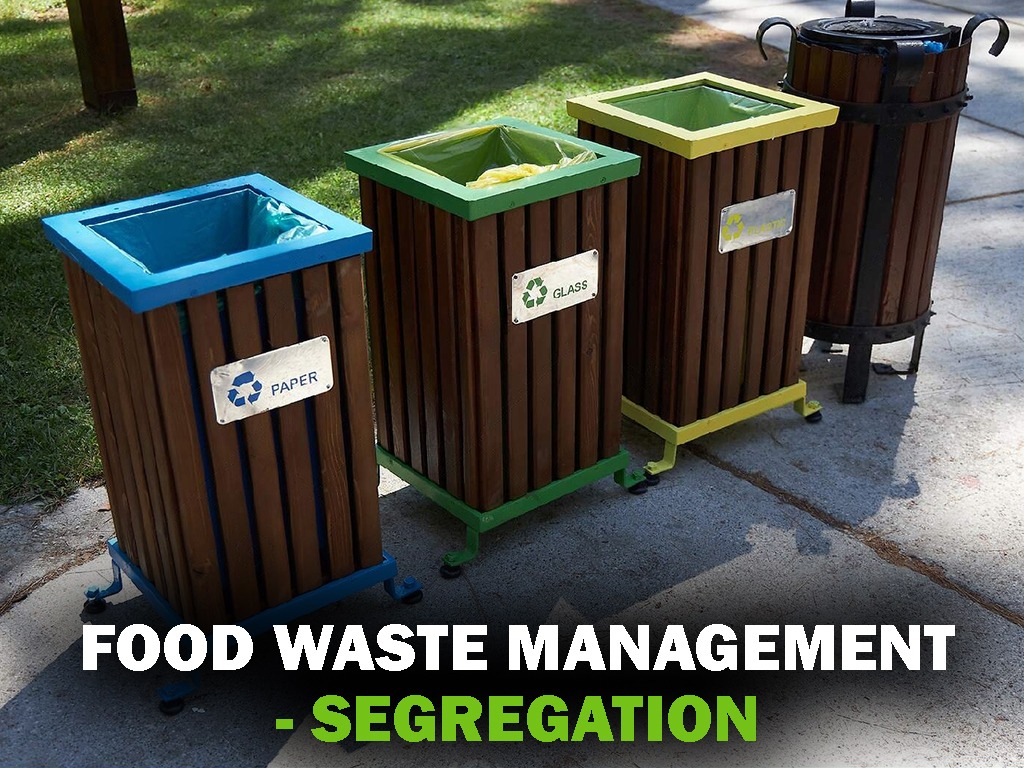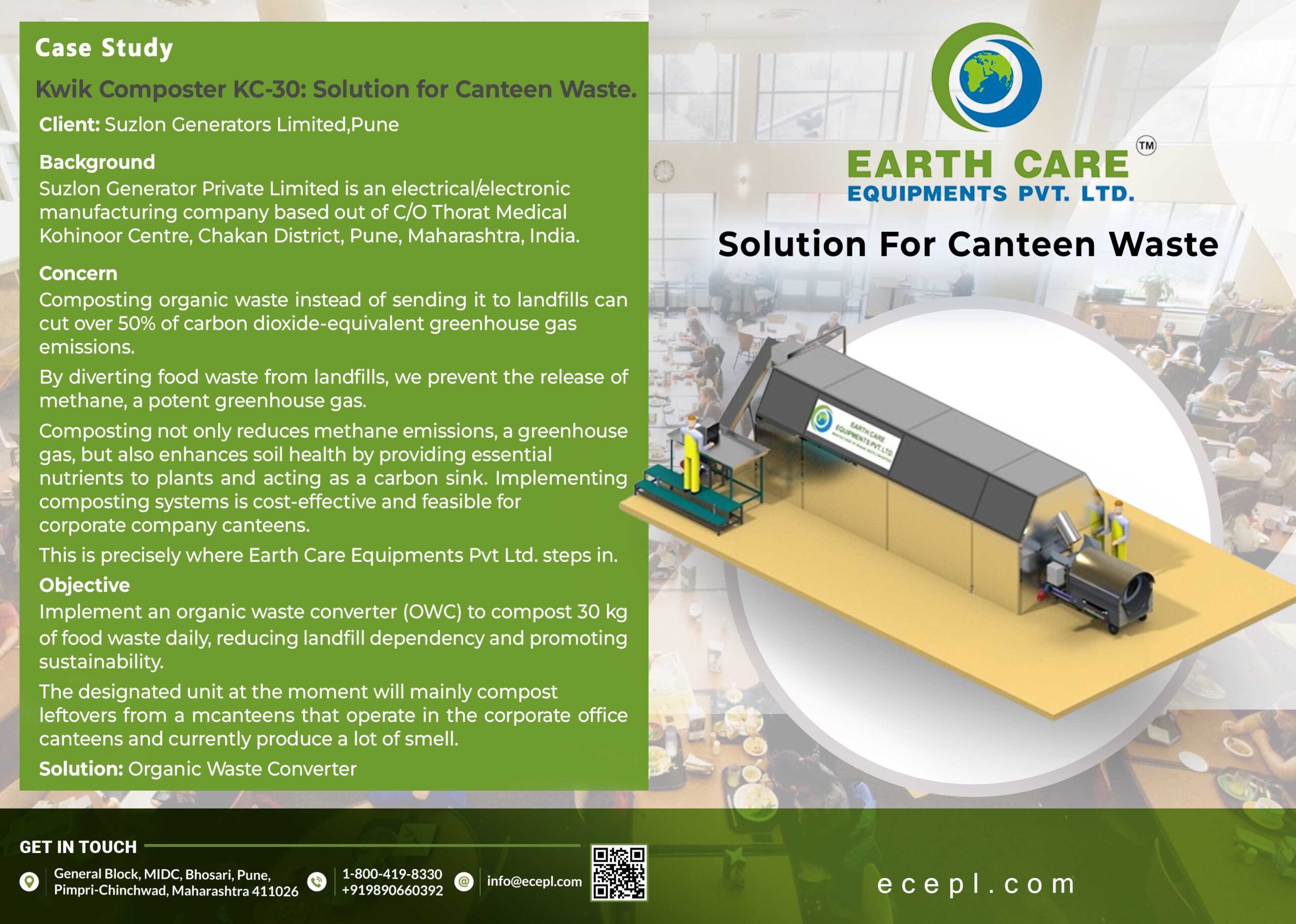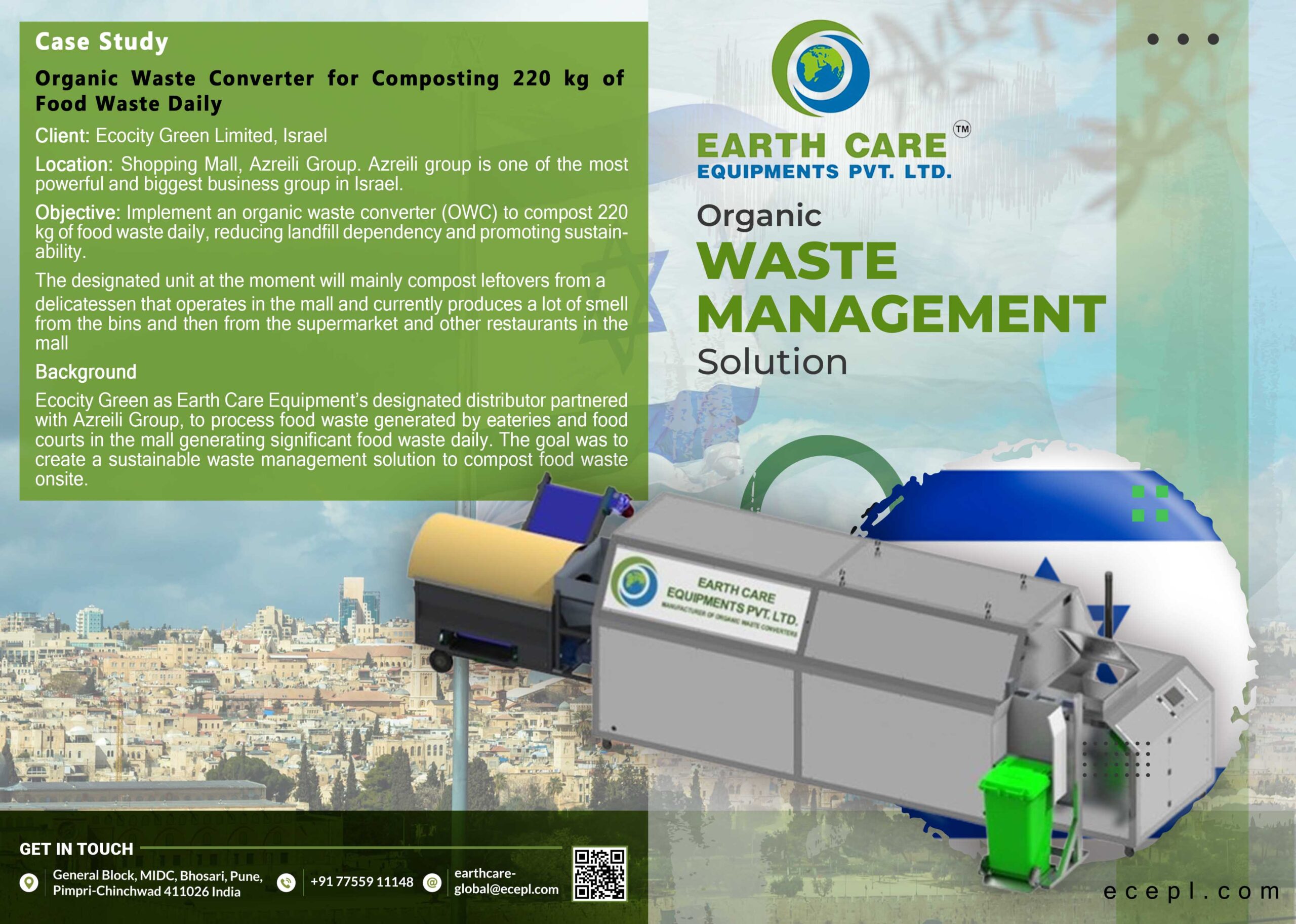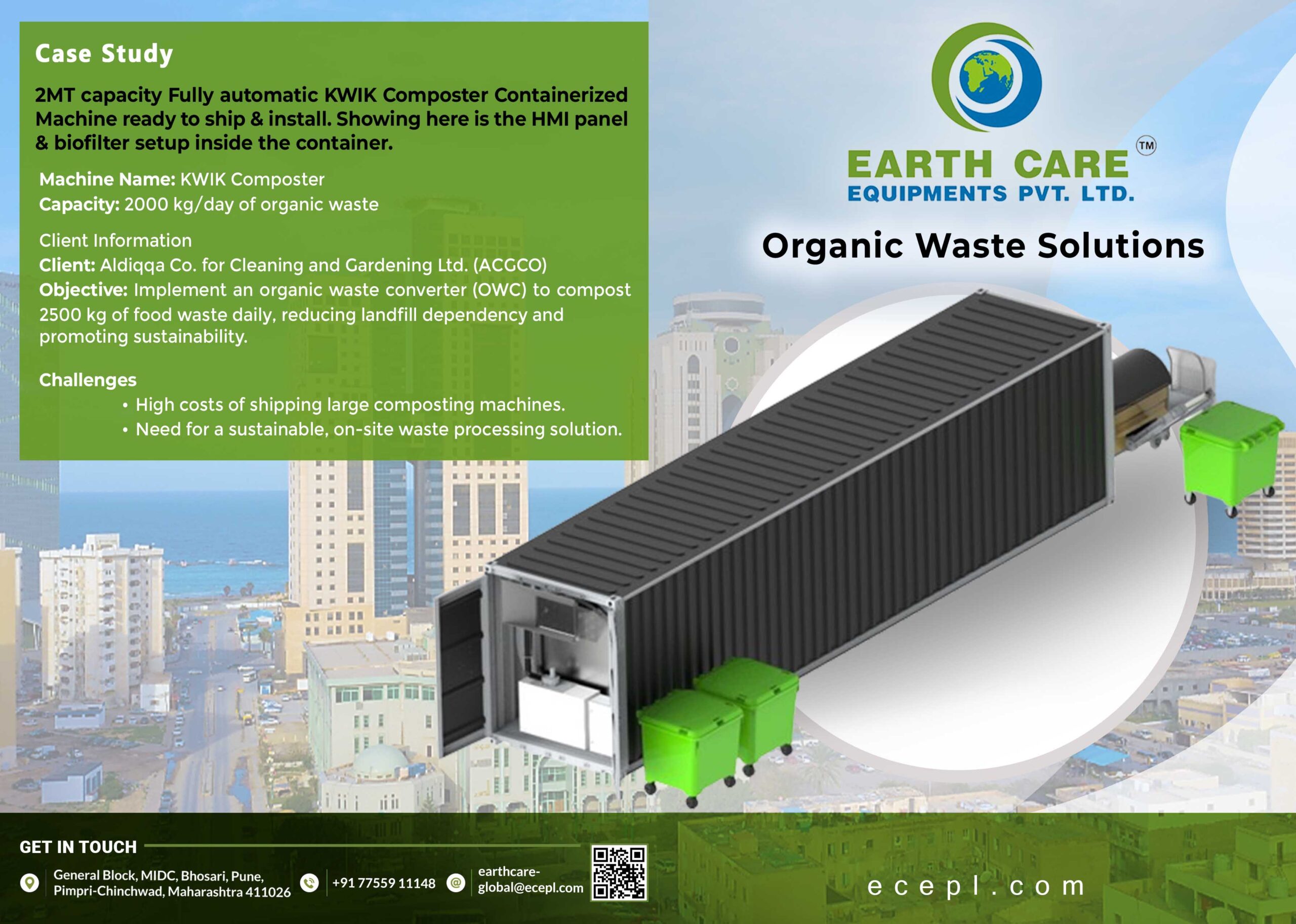
Food waste management is a critical issue that affects the environment and the global food system. According to the Food and Agriculture Organization of the United Nations (FAO), approximately one-third of all food produced globally is wasted, and this has significant consequences for the environment, including greenhouse gas emissions and the depletion of natural resources.
One of the key strategies for reducing food waste is segregation. Segregation refers to the process of separating different types of food waste into distinct categories, such as compostable, recyclable, or hazardous waste. This helps to reduce the amount of waste that ends up in landfills and increases the amount that can be recovered through recycling and composting.
There are several benefits to segregating food waste. Firstly, it makes it easier to identify which materials can be recovered and recycled, and which materials need to be disposed of. This can help to reduce the amount of waste that ends up in landfills, and it also makes it easier for organizations to manage their waste streams effectively.
Another benefit of segregation is that it makes it easier to track the amount of waste that is generated and where it is going. This information can be used to develop and implement strategies for reducing food waste, such as reducing portion sizes or improving food storage methods.
In addition, segregation can also help to reduce the risk of contamination, as hazardous or non-compostable materials can be separated from compostable materials. This helps to ensure that compostable waste is not contaminated with hazardous materials, and it also reduces the risk of contamination of the final compost product.
The process of segregation can be carried out by individuals, organizations, or governments. For individuals, this might involve separating food waste into different categories at home and disposing of it appropriately. For organizations, this could involve implementing a food waste management program, which involves separating food waste into different categories and working with waste management companies to dispose of it.
Governments can also play a role in promoting and regulating food waste segregation. For example, they can enforce regulations on waste segregation, provide funding for waste management programs, and promote education and awareness about the importance of food waste segregation.
In conclusion, segregation is a critical strategy for reducing food waste and its negative impact on the environment. By separating different types of food waste into distinct categories, we can increase the amount that can be recovered through recycling and composting, reduce the amount of waste that ends up in landfills, and reduce the risk of contamination. It is important for individuals, organizations, and governments to work together to promote and implement food waste segregation to create a more sustainable food system.




